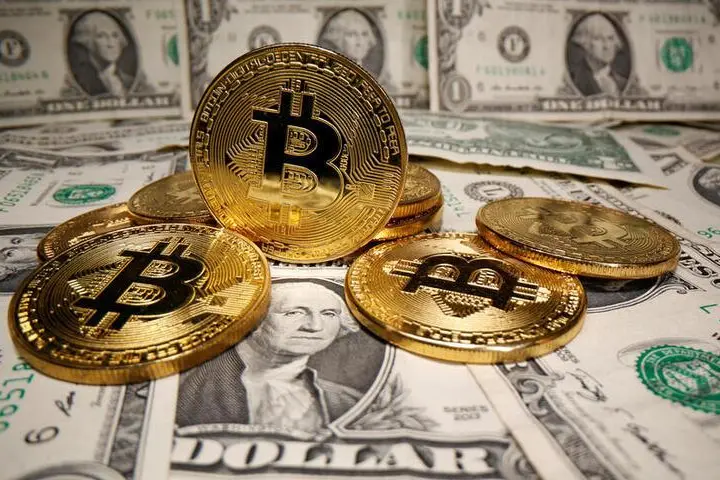PHOTO
LONDON - The dollar held on to its gains on Thursday and riskier currencies fell, in a continuation of moves that started in the previous session when a surprisingly large rise in U.S. consumer prices fanned inflation fears.
Data showed that U.S. consumer prices increased by the most in nearly 12 years in April, sparking a "risk-off" move in global markets: equities and riskier currencies fell while U.S. Treasury yields rose.
Market attention now turns to U.S. weekly jobless claims due at 1230 GMT and retail sales numbers on Friday for guidance on whether upward pressure on prices will persist.
U.S. Federal Reserve Vice Chair Richard Clarida said on Wednesday that weak job growth and strong inflation in April had not changed the central bank's plan to maintain loose monetary policy.
The dollar index was steady at 90.750 at 1123 GMT, compared with Wednesday's high of 90.798 .
"The inflation debate will drive the market for some time I think, at least through the summer," said Timothy Graf, head of EMEA macro strategy at State Street Global Markets.
"I think it’s very early to dismiss this and it’s also very early to overreact and think this is a new regime change because this was a number driven by components that have huge one-off spikes.”
Graf said that he expected the dollar to strengthen in the short term due to the risk-aversion in equity markets but that over the next six months it has more potential to weaken.
The Australian dollar, which is seen as a proxy for risk appetite, was down 0.2% at 0.7707 versus the dollar, extending losses after having its biggest daily drop since March on Wednesday.
The New Zealand dollar was also down 0.2%. It briefly rose after Prime Minister Jacinda Ardern said she was exploring quarantine-free travel with other countries.
The euro was up 0.1% at $1.2079. The Japanese yen was flat against the dollar, with the pair changing hands at 109.580 .
State Street's Graf noted that FX implied volatility for major currencies was little changed, even after the spot currency market moves.
"It tells me the market doesn’t quite believe this is going to be a game-changer but if it is, it’s only modest, at the margins."
BITCOIN REBOUND
Bitcoin plunged 17% when Elon Musk said in a tweet that Tesla Inc will no longer accept the cryptocurrency for car purchases.
The cryptocurrency dropped from around $54,819 to $45,700, its lowest since March 1.
But it recovered overnight and was up 0.5% at around $49,697 at 1132 GMT .
Ether, the second biggest cryptocurrency after bitcoin, dropped 14%, partly recovered, then fell again, down 1.5% at $3,755. Ether hit another record high on Wednesday and is up around 440% on the year.
Bitcoin is still up around 30% from where it was just before Tesla said on Feb. 8 that it had invested around $1.5 billion in bitcoin and would accept it for payment in the near future.
(Reporting by Elizabeth Howcroft; additional reporting by Stanley White; Editing by Toby Chopra and Steve Orlofsky) ((Elizabeth.Howcroft@thomsonreuters.com; +44 02075427104;))





















